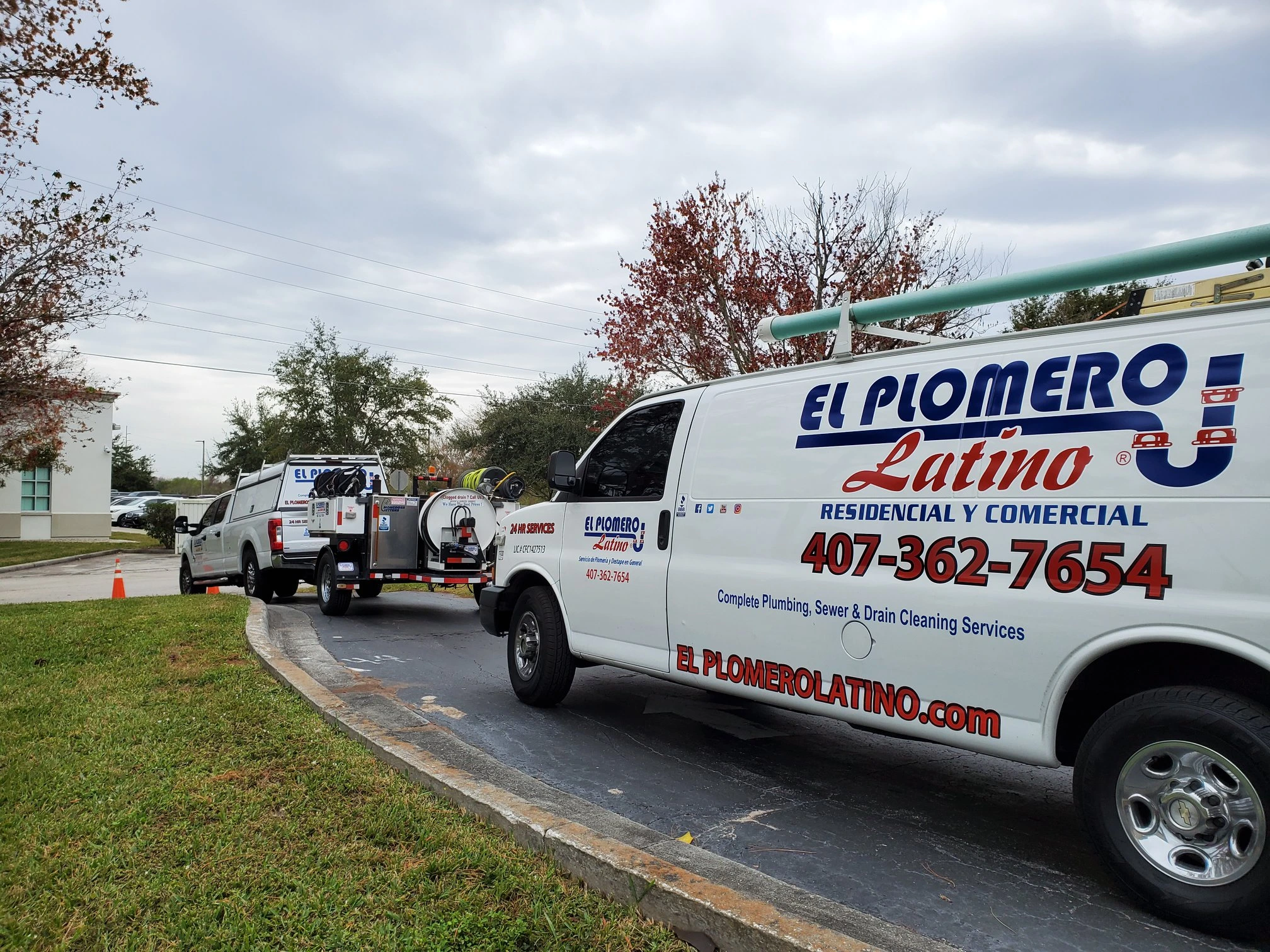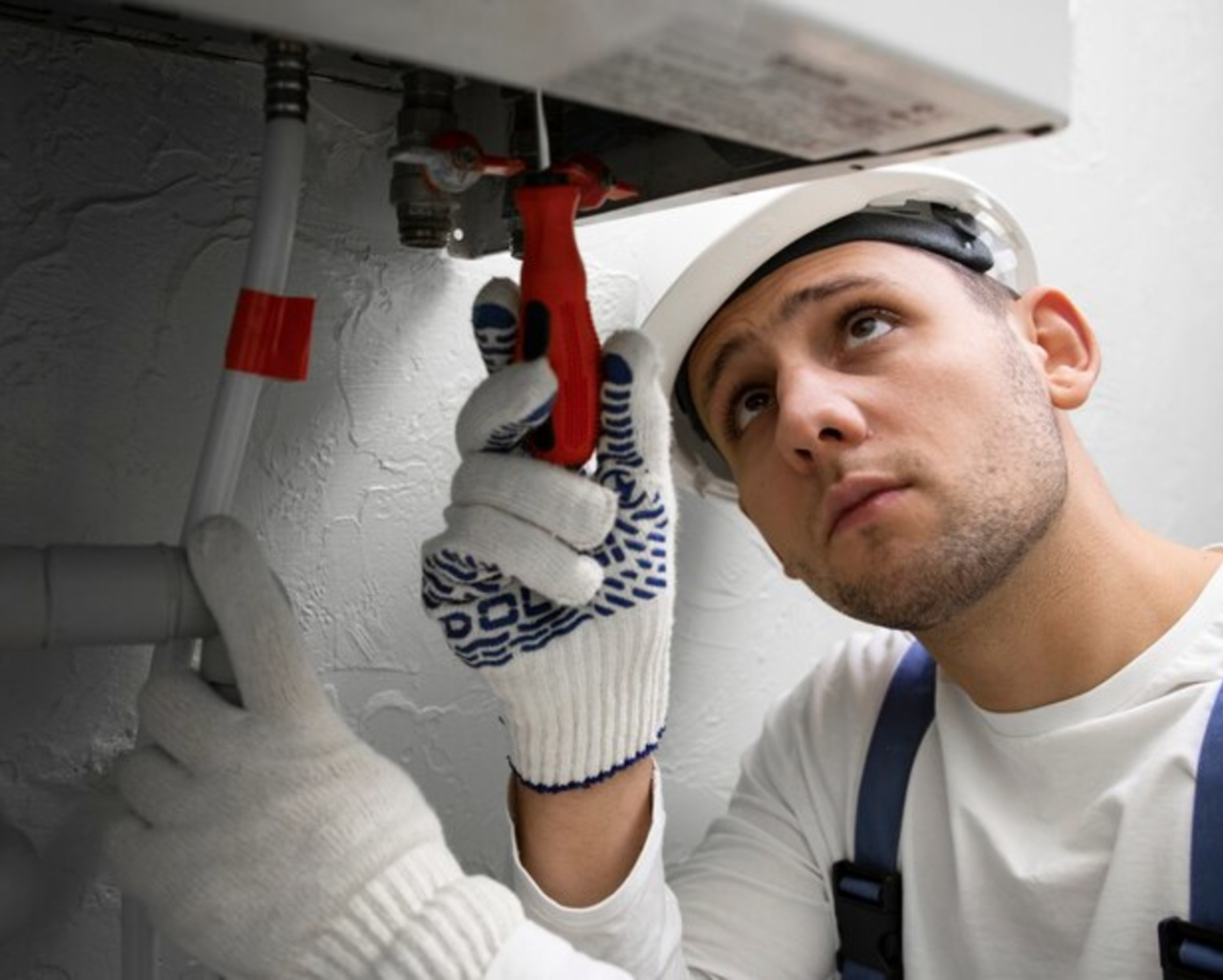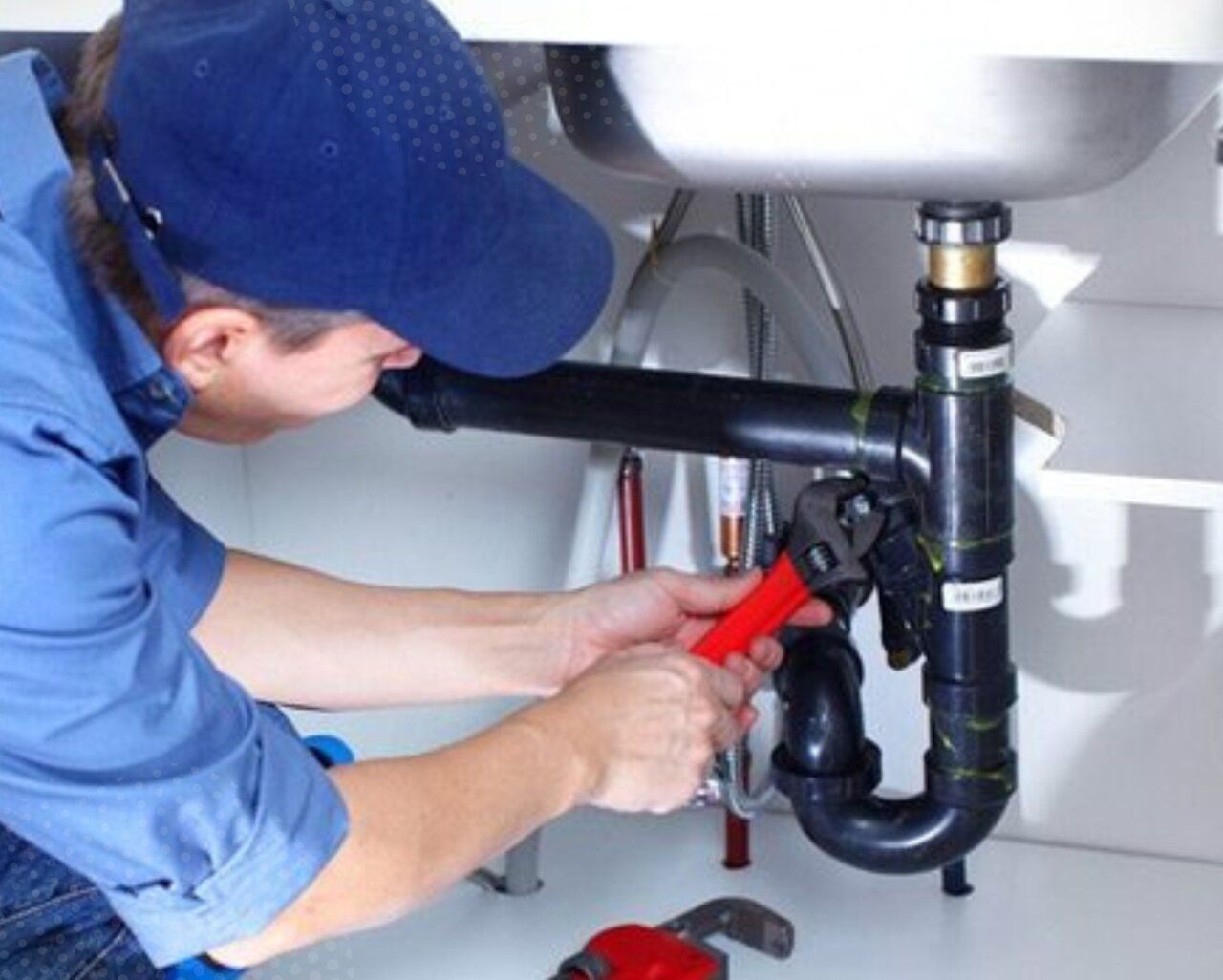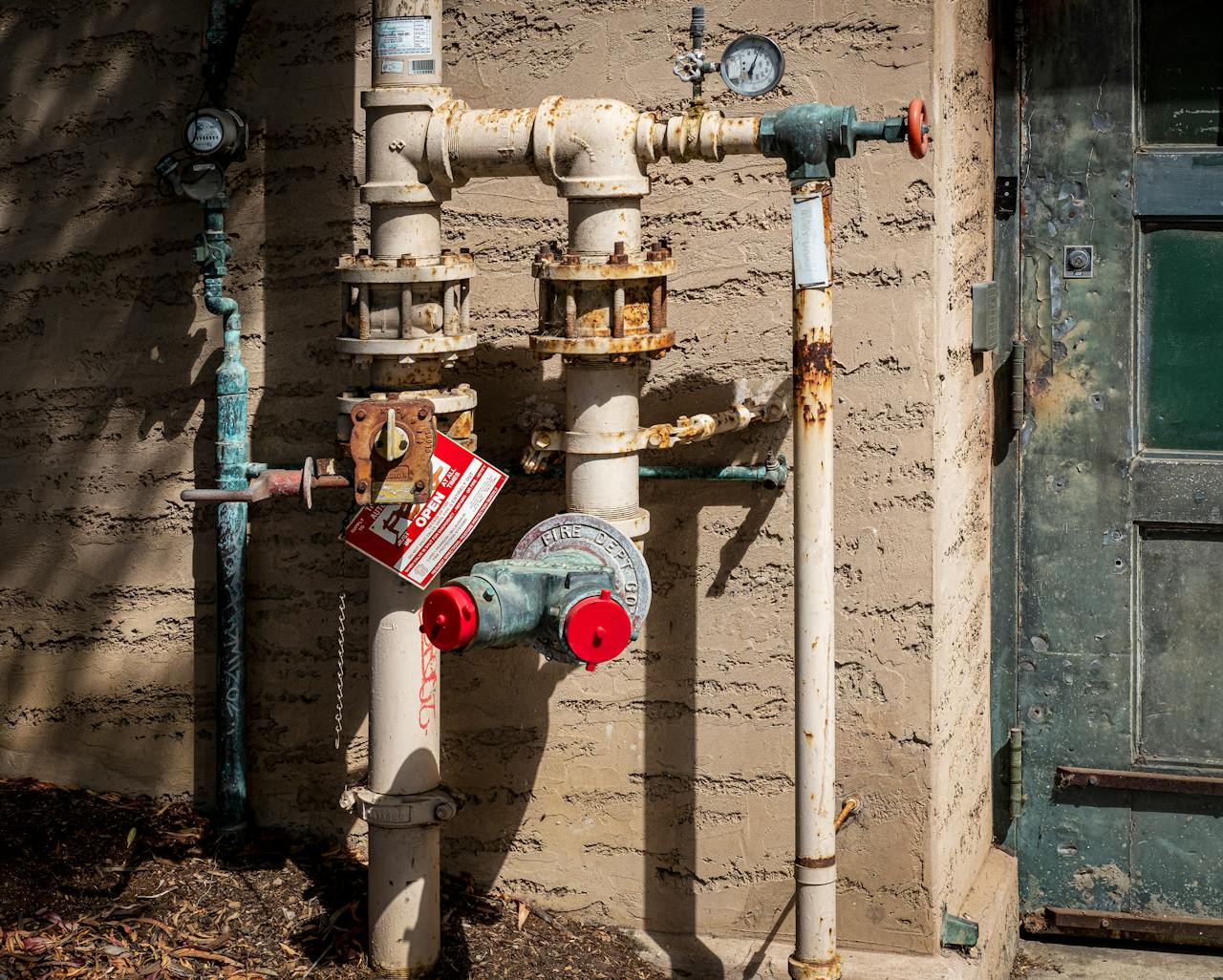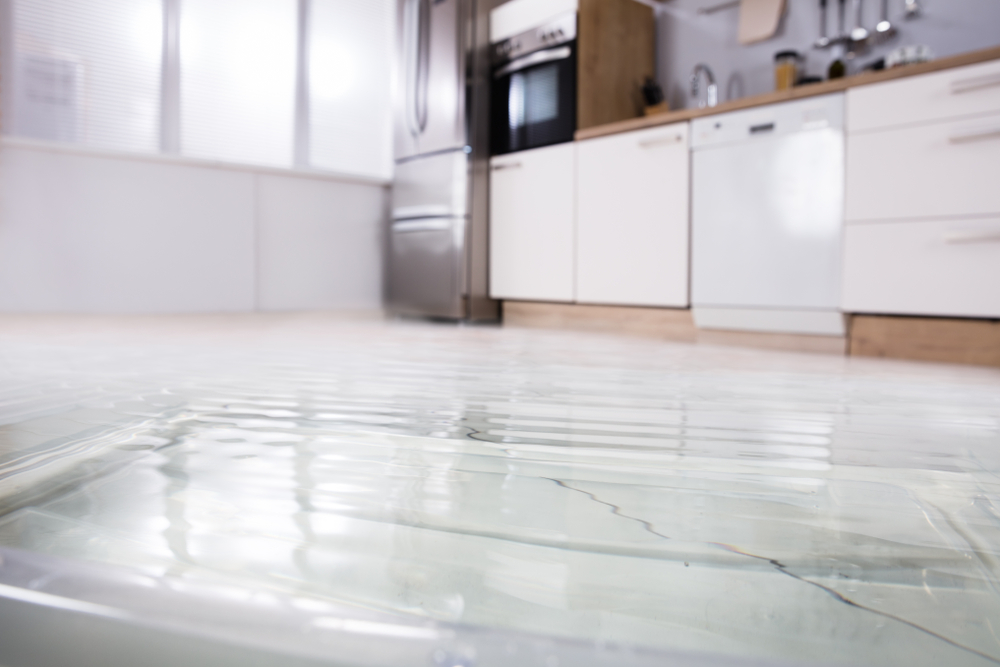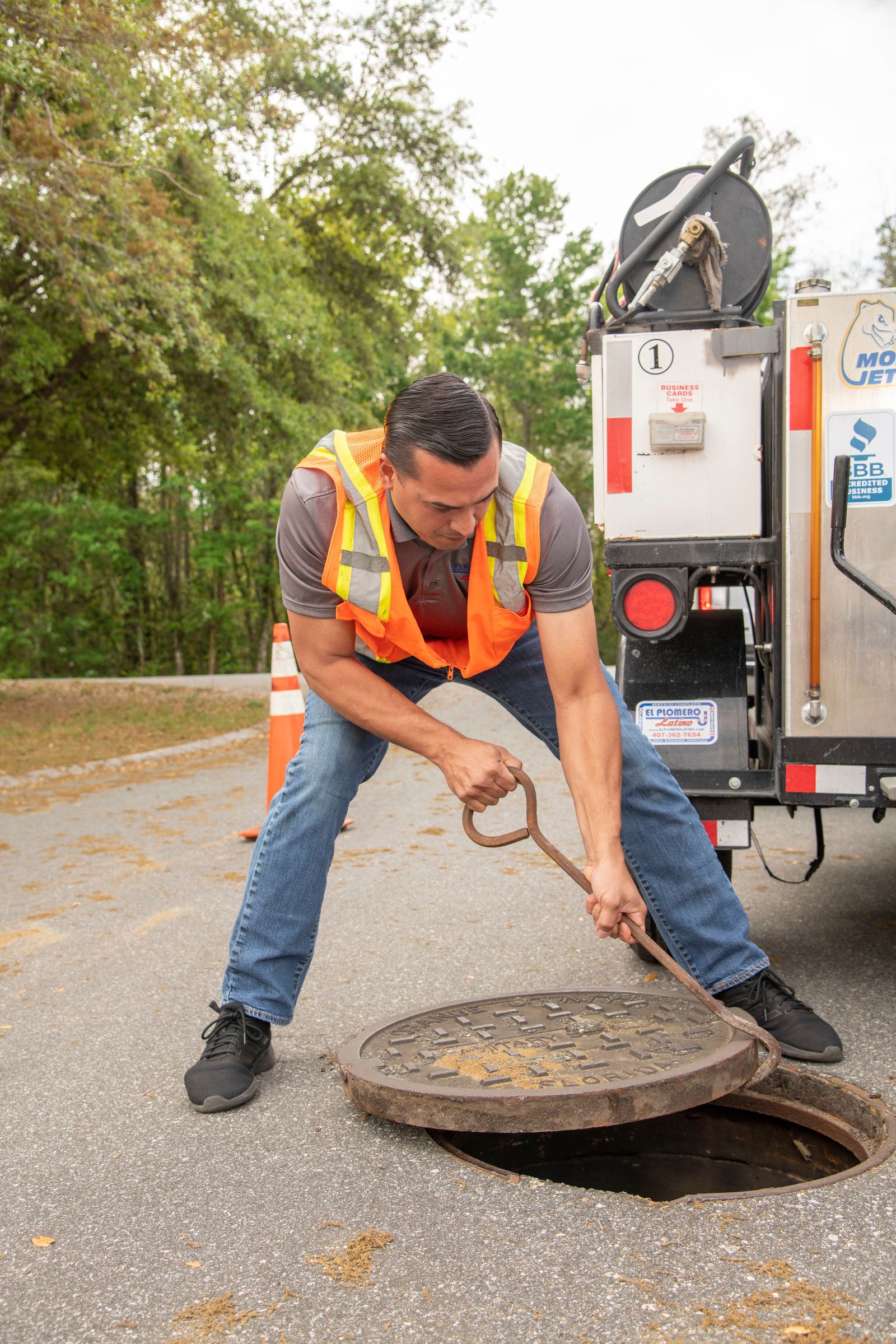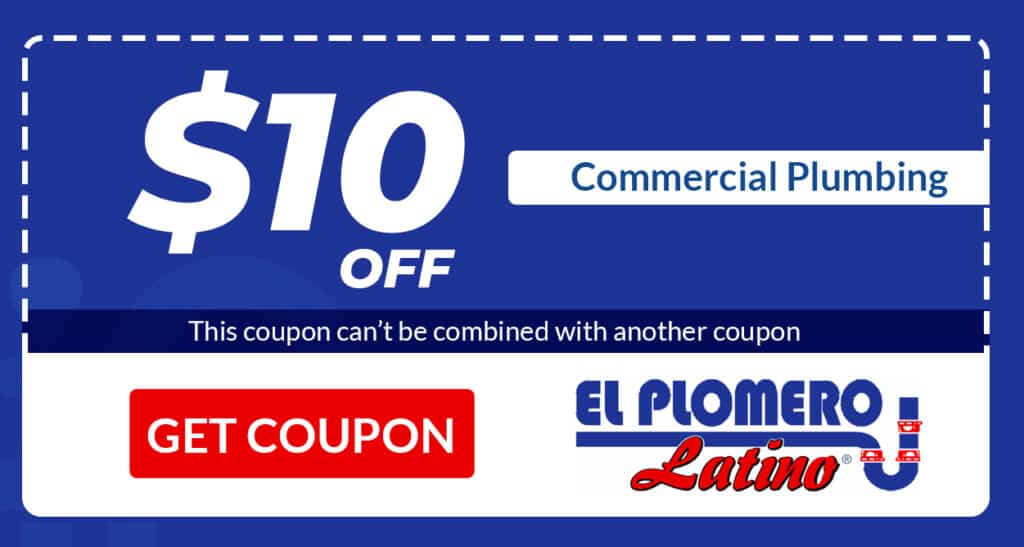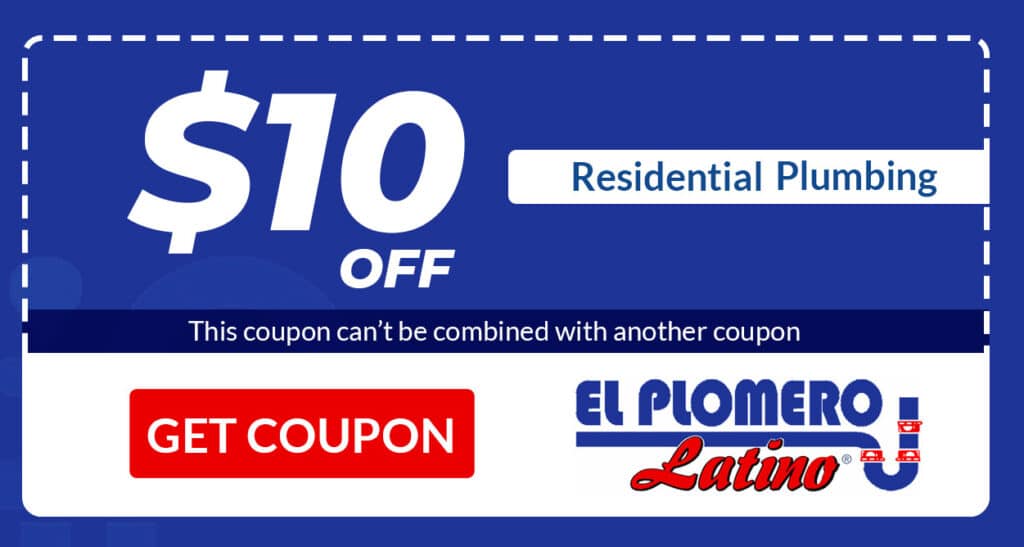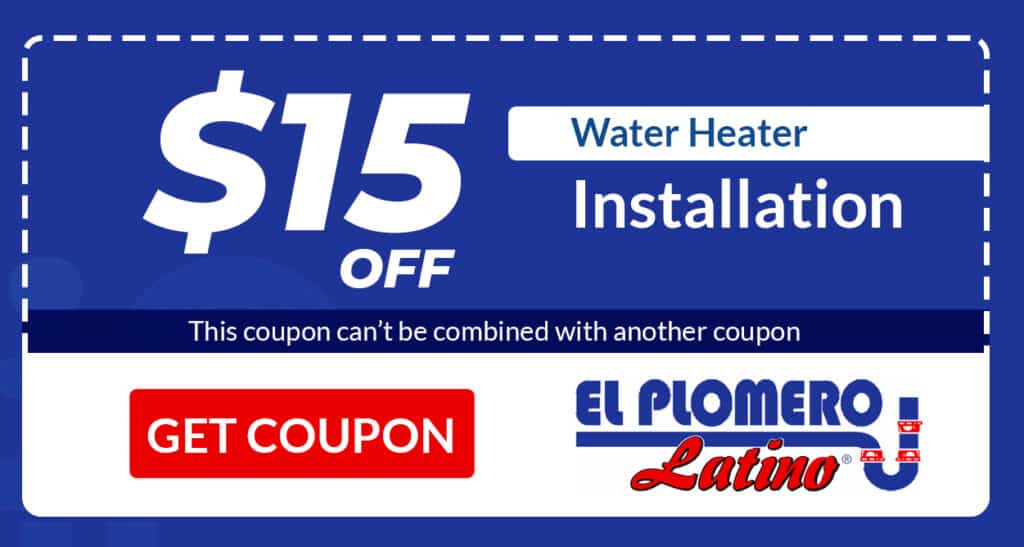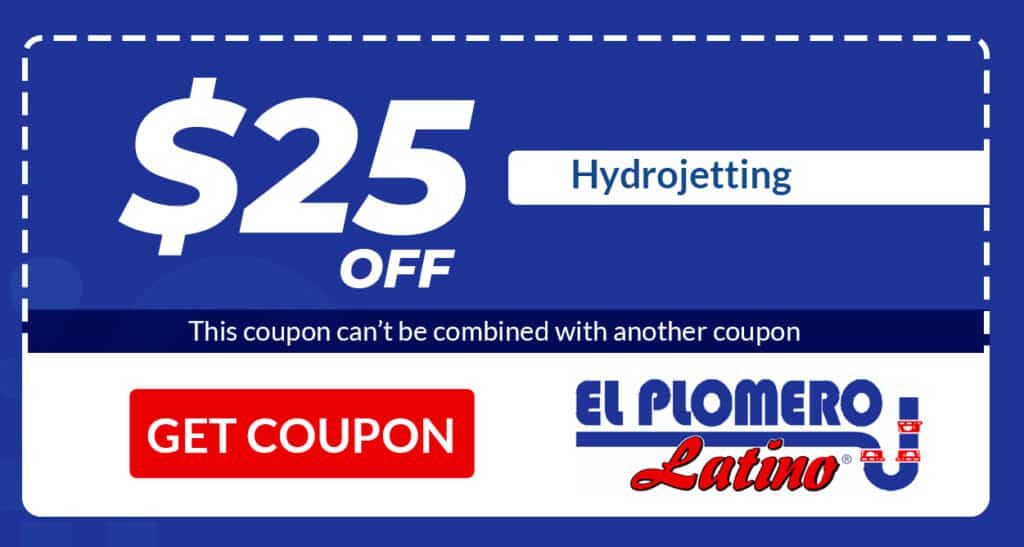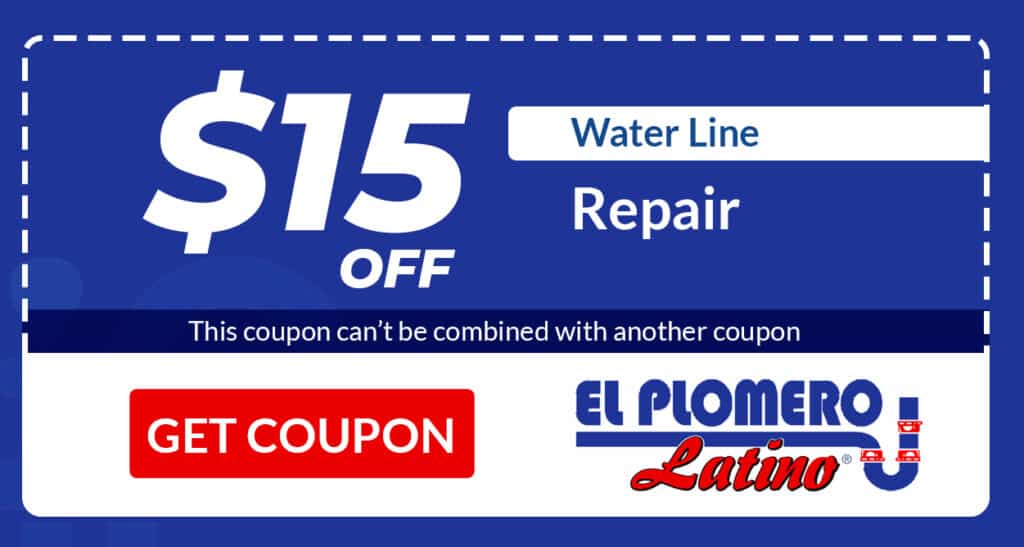A Comprehensive Guide to Weighing the Positives and Negatives
Looking to upgrade your water heating system? Hybrid water heaters might be the solution you’ve been searching for. These innovative appliances combine the efficiency of heat pump technology with the reliability of traditional electric heating elements. But before you make the switch, it’s crucial to weigh the pros and cons.
Hybrid water heaters offer a compelling blend of energy savings, versatility, and environmental benefits. However, they come with a higher upfront cost and specific space requirements. Understanding these advantages and limitations is essential to making an informed decision that aligns with your budget and lifestyle. In this guide, we’ll delve into the ins and outs of hybrid water heaters, helping you navigate the path to a more efficient and sustainable home.
Pros of Hybrid Water Heaters
Hybrid water heaters have garnered attention for their ability to revolutionize the way we heat water in our homes. Let’s explore the key advantages they offer:
Energy Efficiency
One of the most significant benefits of hybrid water heaters is their impressive energy efficiency. By utilizing heat pump technology alongside traditional electric heating elements, these systems can significantly reduce energy consumption. Heat pumps extract heat from the surrounding air or ground, making them much more efficient than solely relying on electricity to generate heat. This efficiency translates to lower energy bills and reduced environmental impact, making hybrid water heaters an attractive option for environmentally conscious consumers.
Versatility
Hybrid water heaters offer unparalleled versatility compared to traditional models. They can operate in multiple modes, including heat pump, electric, or even a hybrid mode that combines both. This flexibility allows homeowners to adapt the system to their specific needs and preferences. For example, during periods of high demand or colder weather, the electric mode can provide quick and consistent hot water, while the heat pump mode can be used during times of lower demand to maximize energy savings. This versatility makes hybrid water heaters suitable for a wide range of climates and usage patterns.
Environmental Benefits
In addition to saving energy and lowering utility bills, hybrid water heaters also offer significant environmental benefits. By reducing energy consumption, they help decrease greenhouse gas emissions associated with electricity generation. Furthermore, some hybrid models use environmentally friendly refrigerants and insulation materials, further minimizing their carbon footprint. By choosing a hybrid water heater, consumers can contribute to sustainability efforts while enjoying the convenience of hot water on demand.
Cons of Hybrid Water Heaters
As with any home appliance, hybrid water heaters come with their fair share of drawbacks that warrant thorough consideration before making a purchase decision. Let’s delve deeper into some of the potential downsides:
Higher Upfront Cost
While hybrid water heaters boast impressive energy efficiency and long-term savings on utility bills, their initial cost can be a deterrent for some homeowners. These units typically come with a higher upfront price tag compared to conventional water heaters. The advanced technology and engineering required to integrate heat pump systems with traditional electric heating elements contribute to the increased cost. While the upfront investment may seem daunting, it’s essential to weigh the long-term benefits of energy savings and durability against the initial expense.
Space Requirements
Another factor to consider when contemplating a hybrid water heater is the space it occupies. Unlike compact traditional water heaters, hybrid models tend to be larger and bulkier due to the inclusion of heat pump components. As such, they require ample space for installation, typically in utility rooms, basements, or other designated areas. Additionally, these units may need adequate clearance around them to ensure proper airflow and ventilation. For homeowners with limited space or those living in smaller dwellings such as apartments or condos, accommodating a hybrid water heater may pose logistical challenges.
Dependence on Electricity
Hybrid water heaters rely on electricity to operate efficiently, which can be a concern in regions prone to power outages or electricity disruptions. During an outage, hybrid water heaters may lose functionality, leaving homeowners without hot water until power is restored. While some models offer backup heating options or the ability to switch to electric-only mode, it’s essential to assess the reliability of the electrical grid in your area. Additionally, homeowners should consider implementing contingency plans, such as investing in a backup generator or alternative heating source, to mitigate the impact of power outages on their hot water supply.
Navigating the Drawbacks: Cons of Hybrid Water Heaters Revealed
Hybrid water heaters promise energy efficiency and environmental benefits, but beneath their shiny exterior lie certain drawbacks that consumers should navigate carefully. While these innovative appliances offer impressive savings on utility bills in the long run, their higher upfront cost can deter potential buyers. Understanding the balance between initial investment and future savings is crucial for homeowners considering the switch to a hybrid water heater. Additionally, the space requirements of hybrid units pose another challenge, particularly for those with limited room for installation. Proper planning and assessment of available space are essential to ensure a seamless transition to a hybrid water heating system without compromising on comfort or functionality.
The Cost Conundrum: Upfront Expenses of Hybrid Water Heaters
Embarking on the journey to energy efficiency with a hybrid water heater often begins with a significant financial commitment. The cost conundrum arises from the higher upfront expenses associated with these advanced appliances compared to traditional water heaters. While the initial investment may seem daunting, it’s important to view it as a long-term investment in energy savings and sustainability. Homeowners should carefully weigh the upfront cost against the potential benefits and savings over the lifespan of the hybrid water heater. Understanding the true cost of ownership, including installation, maintenance, and operational expenses, is essential for making an informed decision that aligns with both financial considerations and environmental goals.
Space Crunch: Addressing the Spatial Needs of Hybrid Water Heaters
Hybrid water heaters, lauded for their energy efficiency and environmental friendliness, often pose a logistical challenge due to their size and space requirements. Unlike traditional water heaters, which are relatively compact, hybrid units tend to be larger and bulkier, necessitating ample space for installation. Homeowners must carefully evaluate available space in utility rooms, basements, or other designated areas to ensure a seamless integration of the hybrid water heater into their home’s infrastructure.
Additionally, proper consideration of clearance requirements for adequate airflow and ventilation is paramount to optimize the unit’s performance and prevent potential safety hazards. By proactively addressing the spatial needs of hybrid water heaters, homeowners can mitigate potential challenges and enjoy the benefits of energy-efficient hot water without compromising on living space or convenience.
Power Predicament: Dependency on Electricity with Hybrid Water Heaters
While hybrid water heaters offer an environmentally conscious solution to water heating needs, their reliance on electricity raises concerns regarding reliability during power outages. The power predicament arises from the fact that hybrid units require electricity to operate efficiently, meaning homeowners may experience disruptions in hot water supply during electrical failures. While some hybrid models offer backup heating options or the ability to switch to electric-only mode, it’s essential for consumers to assess the reliability of their electrical grid and consider contingency plans. Investing in backup generators or alternative heating sources can provide peace of mind and ensure uninterrupted access to hot water, even in the event of power outages. By addressing the power predicament associated with hybrid water heaters, homeowners can maximize the benefits of energy efficiency while minimizing the potential drawbacks of dependency on electricity.
Beyond the Savings: Understanding the Hidden Costs of Hybrid Water Heaters
While hybrid water heaters offer significant energy savings and environmental benefits, it’s essential for consumers to consider the hidden costs associated with these innovative appliances. Beyond the initial investment and operational expenses, homeowners should factor in additional maintenance and servicing costs over the lifespan of the unit. Hybrid water heaters, with their sophisticated technology and dual heating systems, may require specialized maintenance and periodic servicing to ensure optimal performance and longevity. Ignoring these maintenance needs can lead to efficiency issues, premature wear and tear, and potentially costly repairs down the line.
Furthermore, homeowners should be aware of any warranty limitations or exclusions that may apply to their hybrid water heater. Understanding the terms of the warranty coverage can help mitigate unexpected expenses and ensure timely repairs or replacements in the event of malfunctions or defects. By taking into account the hidden costs associated with maintenance, servicing, and warranty coverage, consumers can make informed decisions about the true cost of ownership and maximize the long-term benefits of hybrid water heaters.
Conclusion
In conclusion, navigating the pros and cons of hybrid water heaters requires careful consideration of various factors, including energy efficiency, upfront costs, space requirements, and dependence on electricity. While these innovative appliances offer significant advantages such as energy savings and environmental benefits, they also come with potential drawbacks that homeowners must address. By weighing the benefits against the challenges and making informed decisions based on individual needs and circumstances, consumers can maximize the value and performance of their water heating systems.
If you have any questions or would like to learn more about hybrid water heaters and their suitability for your home, don’t hesitate to contact us at El Plomero Latino. Our team of experienced professionals is dedicated to providing expert advice and quality plumbing services to homeowners in the area. You can reach us at 407-362-7654. We look forward to assisting you with all your plumbing needs.

